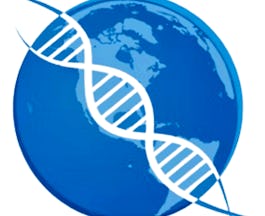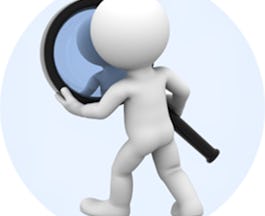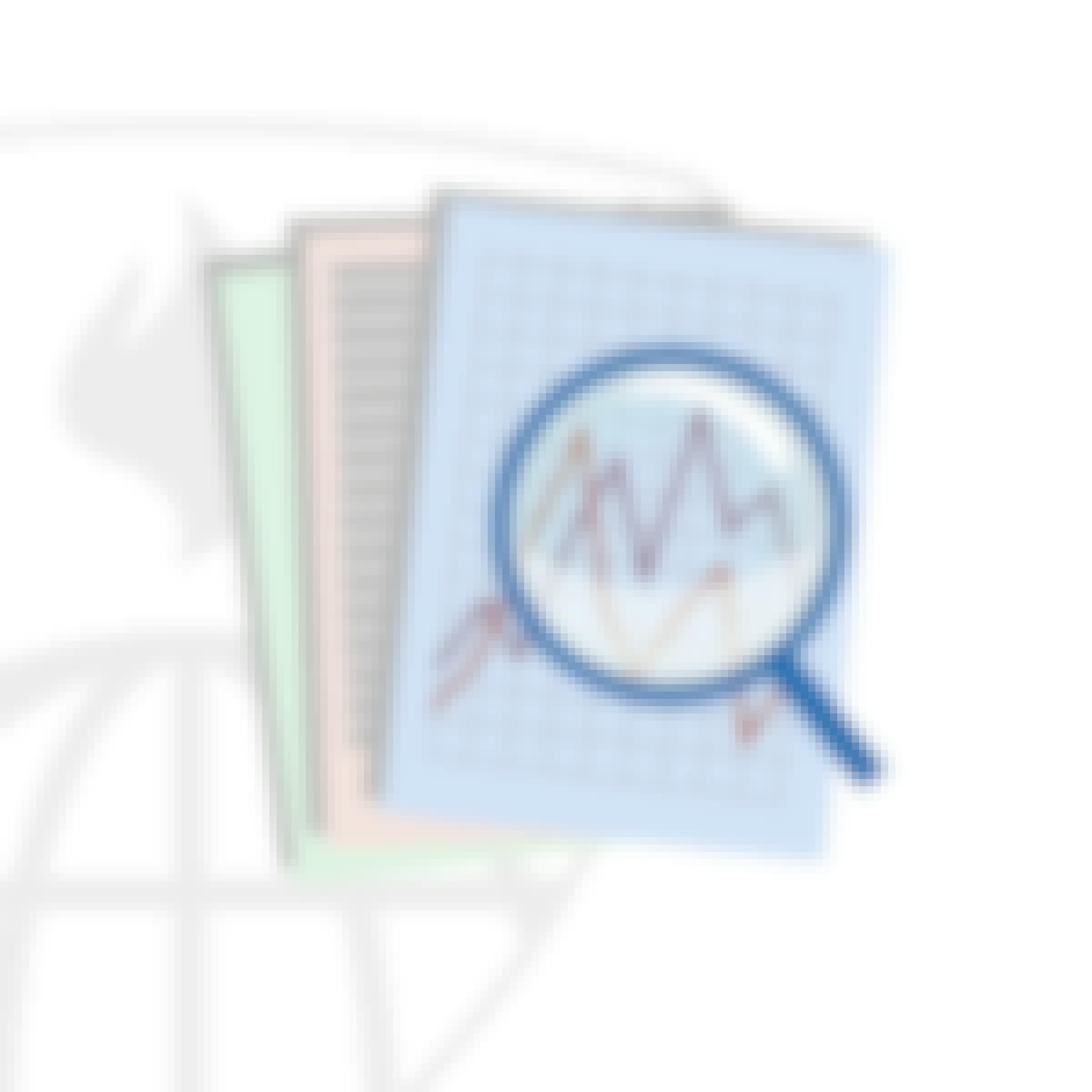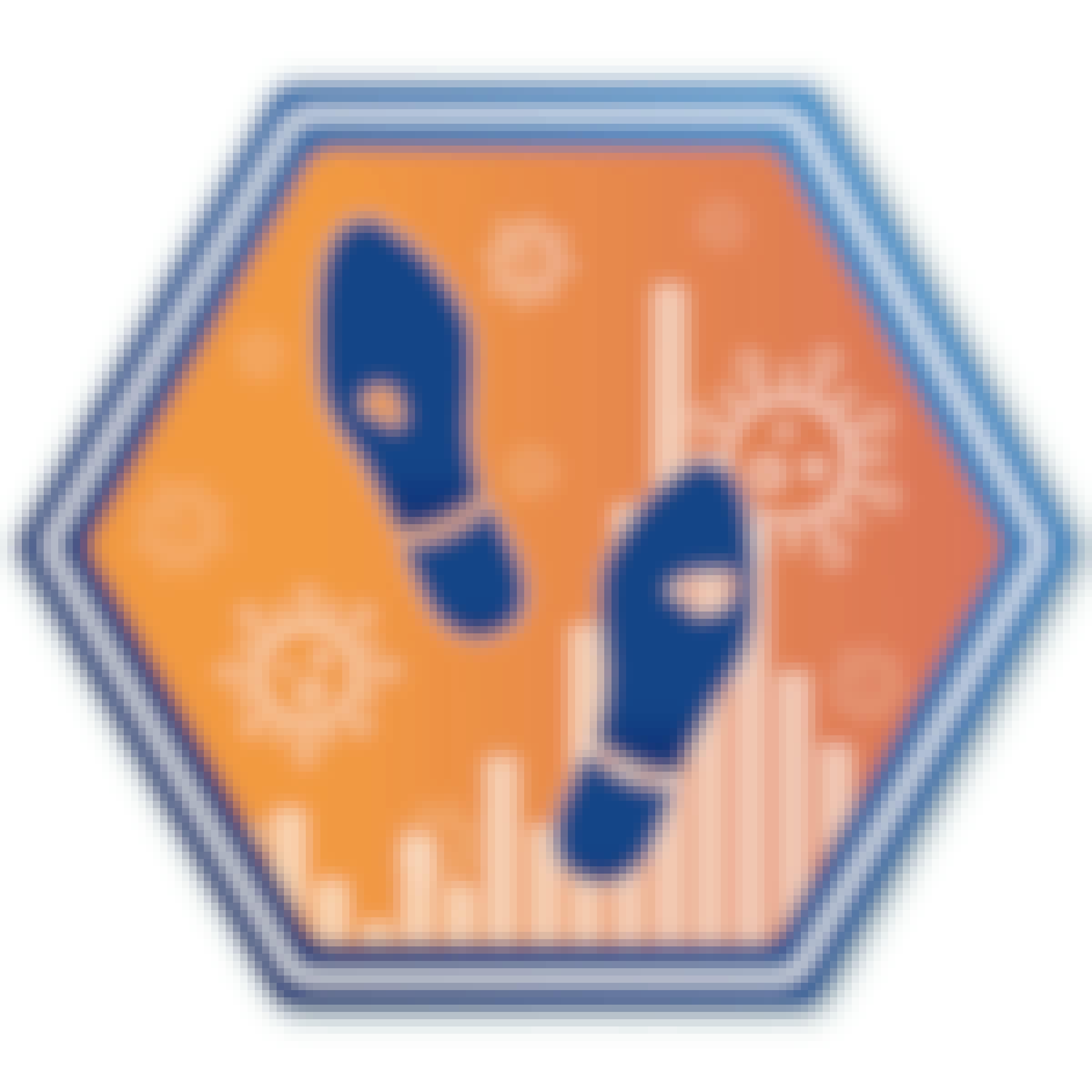Filter by
The language used throughout the course, in both instruction and assessments.
104 results for "epidemiology"
 Status: Free
Status: FreeUniversidade Estadual de Campinas
Skills you'll gain: Epidemiology
 Status: Free
Status: FreeThe University of Tokyo

Imperial College London
Skills you'll gain: Epidemiology
 Status: Free
Status: FreeUniversity of Colorado System
Skills you'll gain: Biostatistics

Johns Hopkins University
 Status: Free
Status: FreeJohns Hopkins University
Skills you'll gain: Leadership and Management, Culture
 Status: Free
Status: FreeUniversity of Geneva
Skills you'll gain: Epidemiology
 Status: Free
Status: Free
Johns Hopkins University
Skills you'll gain: Epidemiology, Data Analysis

Johns Hopkins University
Skills you'll gain: Epidemiology
 Status: Free
Status: FreeUniversity of Copenhagen

Johns Hopkins University
Skills you'll gain: Data Analysis, Data Visualization, Epidemiology, Microsoft Excel, R Programming
Searches related to epidemiology
In summary, here are 10 of our most popular epidemiology courses
- Saúde Baseada em Evidências: Universidade Estadual de Campinas
- Global Health Policy: The University of Tokyo
- Global Disease Masterclass: Communicable Diseases Epidemiology, Intervention and Prevention: Imperial College London
- Genetic Epidemiology Foundations: University of Colorado System
- Evidence-based Toxicology: Johns Hopkins University
- International Travel Preparation, Safety, & Wellness: Johns Hopkins University
- Global Health at the Human-Animal-Ecosystem Interface: University of Geneva
- Tropical Parasitology: Protozoans, Worms, Vectors and Human Diseases: Duke University
- Surveillance Systems: Analysis, Dissemination, and Special Systems: Johns Hopkins University
- Major Depression in the Population: A Public Health Approach: Johns Hopkins University










